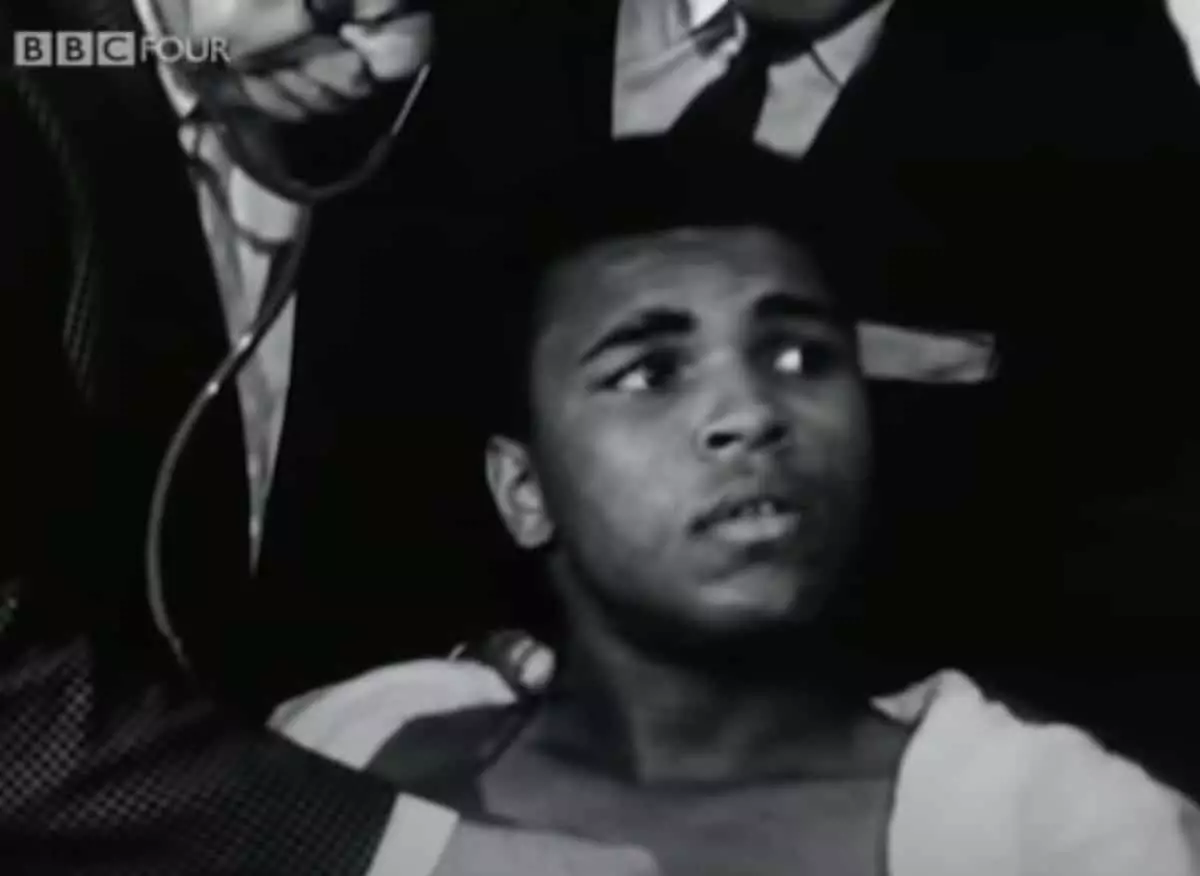Throughout boxing history, legendary figures rise to immortal status, and within this pantheon, Muhammad Ali shines extraordinarily bright. Each year on January 17th, boxing aficionados reflect upon Ali’s unforgettable contributions to the sport and to humanity. Yet as times change, the legacies of other remarkable fighters emerge alongside Ali’s—none more prominently than that of Oleksandr Usyk. Born on the very same day, these two warriors, despite their different eras, share many similarities that provoke intrigue and spark imaginations among fans.
The parallels between Ali and Usyk are striking and highlight the meaningful connections within the sport of boxing. Both men stand at a height of 6 feet 3 inches, possess a reach of 78 inches, and typically compete at around 220 pounds. However, it is not only their physical attributes that align; it is their profound boxing intelligence and styles that evoke comparisons. Ali dazzled audiences with his unmatched speed and dynamic footwork, famously utilizing his prowess to dance around his opponents. Usyk, conversely, has developed an agile yet fundamentally sound boxing style that integrates clever punch placement and rhythm, making him a formidable opponent in his own right.
As Usyk has often articulated his admiration for Ali—citing him as a source of inspiration—it is only natural for fans to ponder who might have emerged victorious had these two heavyweights competed in their primes. An imaginative duel, for instance, between Ali’s impressive showing against Cleveland Williams and Usyk’s impressive performance against Tyson Fury, invites intriguing speculation. Would Ali’s speed have overwhelmed Usyk, or would Usyk’s tactical approach neutralize Ali’s advantages?
When visualizing a bout between Ali and Usyk, one cannot overlook the distinct tactical approaches each fighter would employ. Ali possessed a unique ability to control the pace of the fight, often frustrating his opponents with his stellar movement and defensive capabilities. On the other hand, Usyk’s southpaw stance may have created difficulties for Ali, who faced very few left-handed fighters throughout his career. In an era where both boxers exemplified the art of defensive boxing, one can envision a riveting fight that oscillates between offensive outbursts and strategic pauses.
Imagining the fight unfolding over 15 rounds or the contemporary 12-round format adds layers of complexity. Under today’s rules, the assessment of points and strategy may sway the outcome in Usyk’s favor, given his ability to adapt and dominate through the judges’ eyes. In any format, the battle would undoubtedly reveal the depth of skill both fighters possessed, transforming the ring into a mesmerizing tapestry of tactical warfare.
While comparing athletic prowess is an exhilarating exercise, the legacy of both Ali and Usyk extends far beyond mere statistics. Both figures embody the essence of boxing not only through their performances, but also through their character and generosity off the mat. Muhammad Ali stands as a symbol of courage and resilience, not only in the ring but also in advocating for civil rights and social justice; he was a man who fought for what he believed in, reverberating beyond the boundaries of boxing.
Similarly, Usyk has demonstrated a commitment to charitable causes and has bravely used his own platform to raise awareness for others. As the current heavyweight champion, his dedication to his homeland, especially amidst the ongoing challenges faced by Ukraine, demonstrates the spirit of a true champion. Each time the world observes Usyk’s story, they see echoes of Ali’s legacy and witness a fighter committed to making a difference.
As we celebrate the birthdays of these two champions—Ali, who would have turned 83, and Usyk, turning 38—it offers an opportune moment for reflection. What more might Usyk accomplish before his boxing journey concludes? Could he retire undefeated, an achievement that eluded Ali?
In contemplating their legacies, it becomes clear that both Ali and Usyk have transcended the boundaries of boxing. They remind us that true champions not only aspire for athletic excellence, but also lift those around them through their actions and principles. Boxing is often viewed as a brutal contest, but these two exemplify how it can indeed be an elegant pursuit, one capable of inspiring generations. As fans, we honor both Ali and Usyk—not just as heavyweights in the ring, but as influential symbols of hope and resilience in the world beyond.

